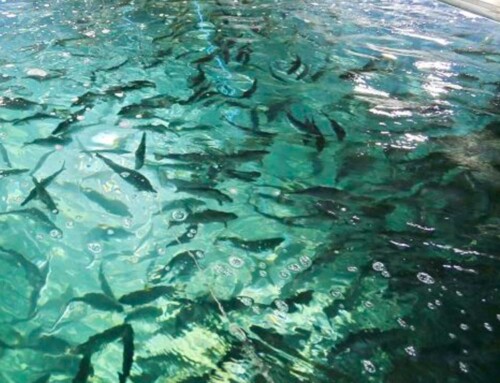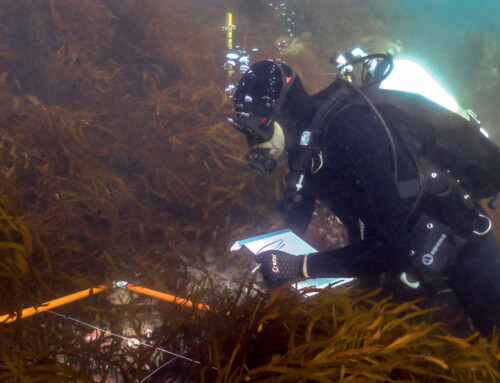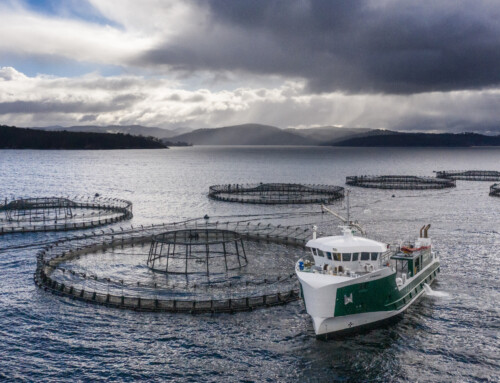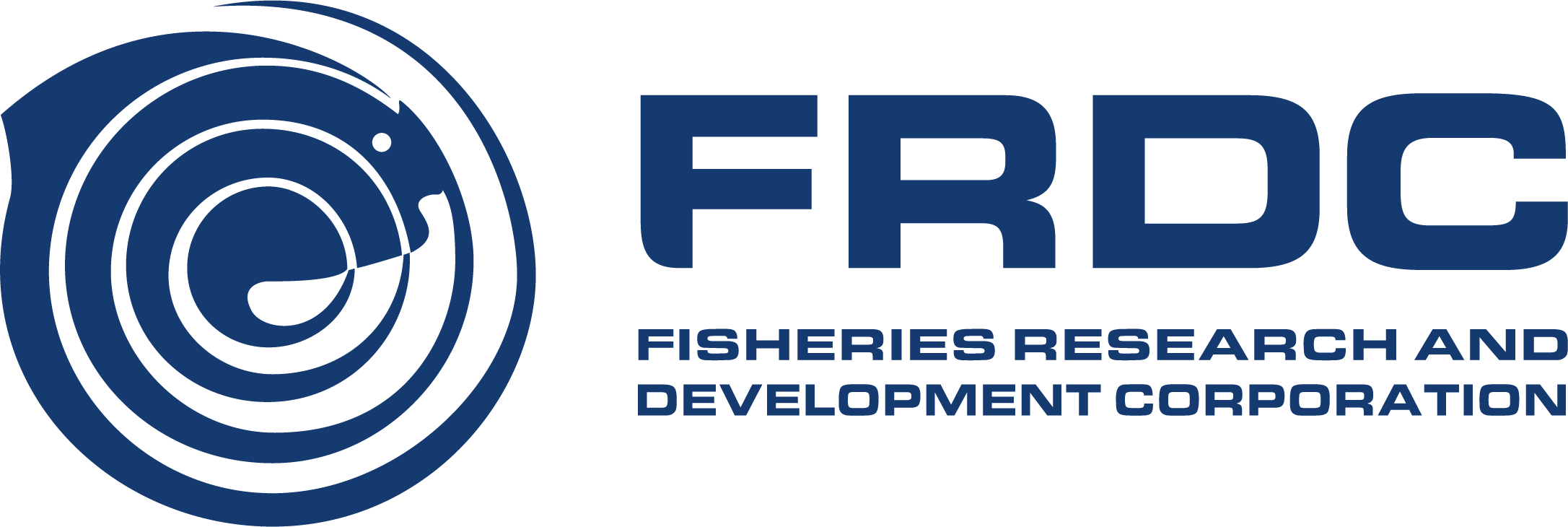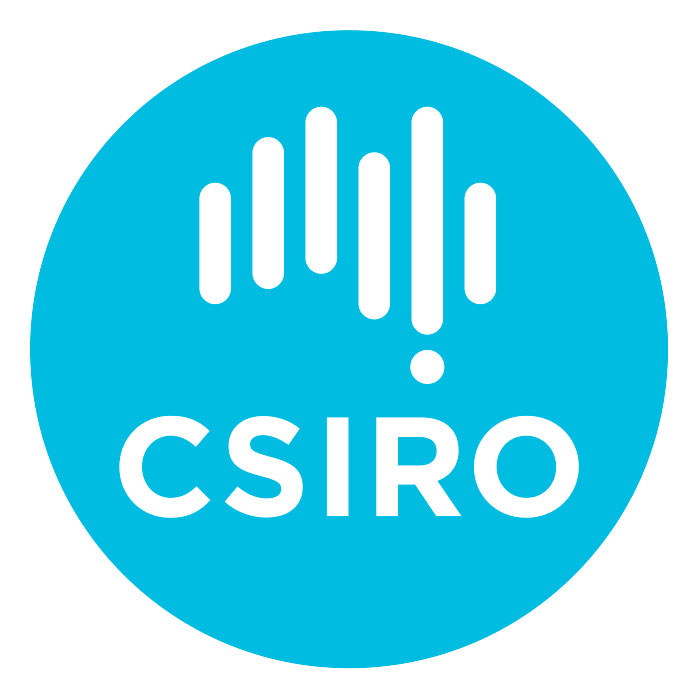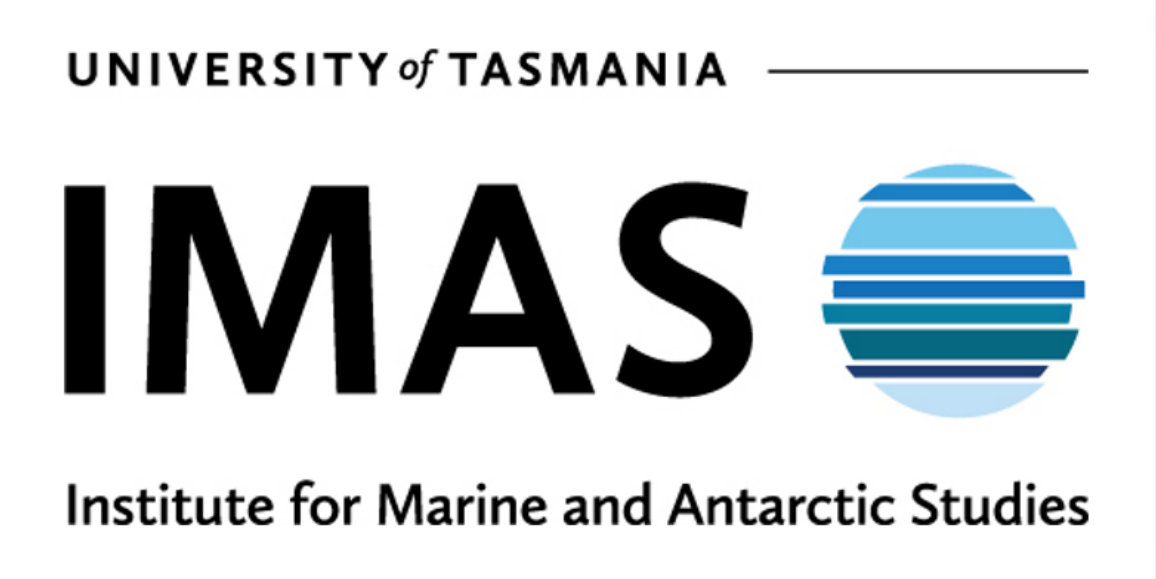THE SOCIAL AND ECONOMIC RESEARCH OF SALMON FARMING
With the Atlantic salmon aquaculture research sub-programs introduced in the early 2000s came a stronger focus on social and economic research of the salmon industry, and this has grown over time with the increasing emphasis on the ‘social license to operate’.
Marine and coastal ecosystems are a shared resource that must be managed sustainably and fairly, so it is important to evaluate the social and economic impacts of Atlantic salmon aquaculture in Tasmania.
Social and economic research focuses on understanding how salmon farms interact with the community, including social license and the value of Atlantic salmon aquaculture to the economy. It also explores the impacts of climate change on Atlantic salmon aquaculture, and changes in seafood consumption and exports.
Social interactions describe the relationship between salmon farms and other users of the local environment. For effective resource management, it is important to understand how Atlantic salmon aquaculture relates to the needs, expectations and values held by communities and marine users. This includes community organisations and environmental groups, commercial and recreational fishers, marine tourism and recreation, shellfish farming, urban developers and municipal services.
In recent years, IMAS has been involved in several research projects (described below) which aimed to improve our understanding of the broader social and economic interactions of aquaculture and how these might affect, or be affected by, environmental interactions or those within other marine resource-based industries.
This requires an understanding of community values, and the processes and arrangements that exist for monitoring and protecting these values – and this understanding helps industry, managing agencies and local communities better appreciate how changes in management and human activities might impact the communities engaging with, or connected to, our marine and coastal environments.
IMAS conducts research on the economic value of Tasmania’s fisheries and aquaculture sectors. This work valued salmon aquaculture production as contributing AUD 650 million to the state’s economy in 2018/19, excluding the industry’s processing and post-harvest functions. The research also considers how the community receives economic benefit from industry’s use of marine resources through regional employment and economic flows.
On 1 July 2023, the Tasmanian government commenced recovering public costs from managing the salmon industry.

